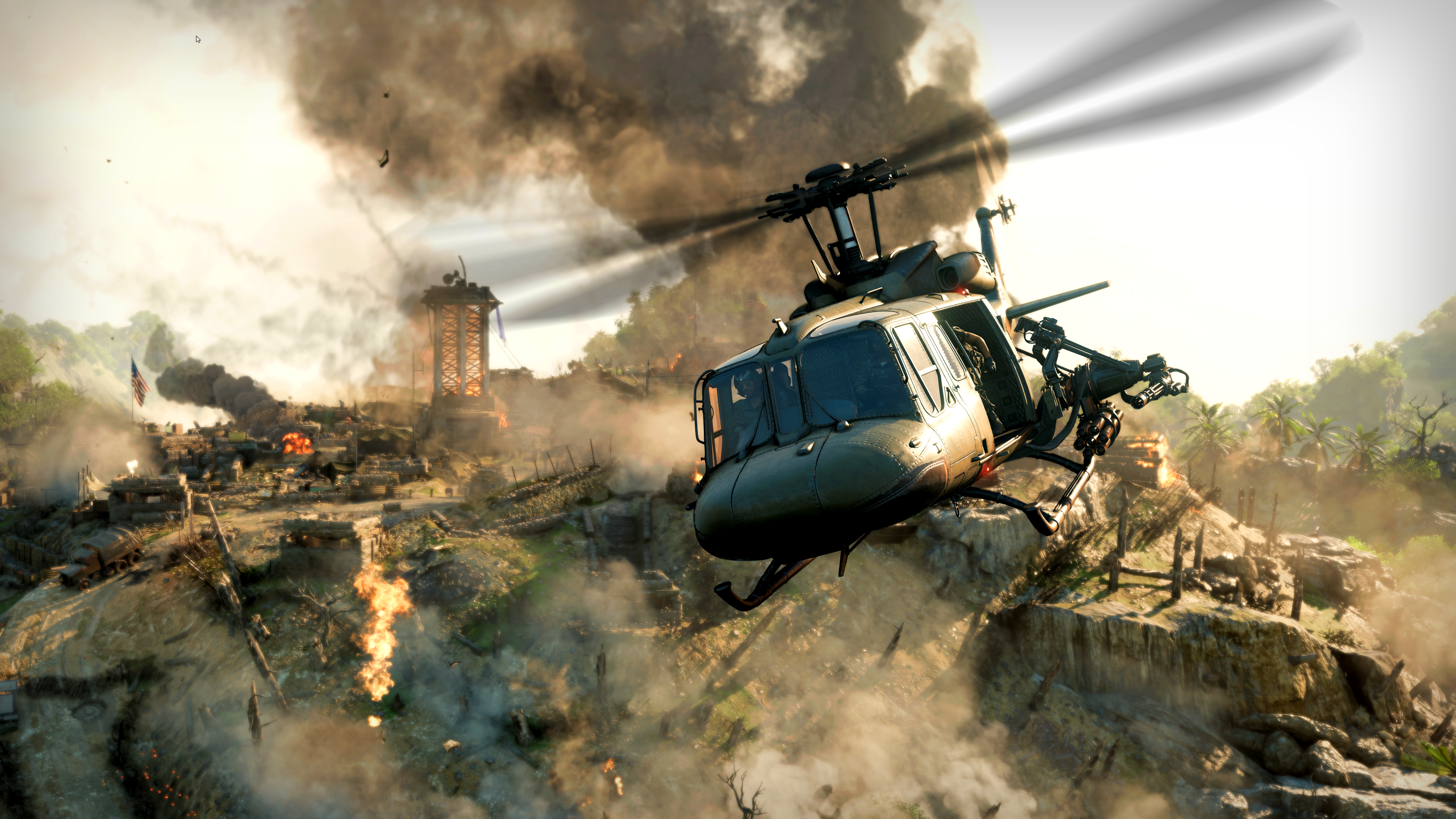The Cold War and the Vietnam War were two significant conflicts fought in the 20th century involving superpowers and had a profound impact on the world order. The Cold War was a political and ideological battle between the US and the Soviet Union, while the Vietnam War was fought between the US and communist forces in North Vietnam. Both the wars involved superpowers, with the US and Soviet Union supporting opposing sides in the Vietnam War. The tactics used in each war were different, with the Vietnam War fought primarily using conventional military means, while the Cold War was fought through diplomacy and propaganda.
The Cold War vs. The Vietnam War: Battles Involving Superpowers
Introduction
The Cold War and the Vietnam War were two of the most significant conflicts that took place during the latter half of the 20th century. Both these wars involved superpowers and had a profound impact on the world order. Although they were distinct in many ways, they shared some similarities that set them apart from other conflicts.
The Nature of the Conflicts
The Cold War was a political and ideological struggle between the United States and the Soviet Union that lasted from the end of World War II until the collapse of the Soviet Union in 1991. The conflict arose due to the differing visions the two superpowers had for the world. The United States championed democracy, free markets, and individual freedoms, while the Soviet Union sought to spread communism and create a socialist utopia.
On the other hand, the Vietnam War was a military conflict that involved the United States and the communist forces of North Vietnam. The war was fought between 1955 and 1975 and was part of a larger struggle between East and West. The conflict started as a civil war between the North Vietnamese and the South Vietnamese government, which was backed by the United States.
The Role of Superpowers
Both the Cold War and the Vietnam War were fought between superpowers, namely the United States and the Soviet Union. The two powers supported opposing sides in the Vietnam War, with the United States backing the South Vietnamese government, and the Soviet Union and China supporting the communist forces in the North.
In the Cold War, the United States and Soviet Union never engaged in direct military conflict, but instead, they worked to outdo each other through diplomacy, propaganda, and the arms race. The United States formed alliances with other countries, such as NATO, while the Soviet Union created the Warsaw Pact, a military alliance of communist states.
Tactics Used in Each War
In the Vietnam War, the United States used conventional military tactics, such as ground troops, air support, and naval blockades. The war was fought in the dense jungles of Vietnam, which provided ample cover for the guerrilla tactics employed by the Vietnamese forces. The United States also deployed chemical weapons, such as Agent Orange, in an attempt to flush out the enemy.
The Cold War was fought primarily through diplomacy and propaganda. The United States sought to spread its ideology and counter the spread of communism by providing economic aid and military support to countries it deemed as vital allies. The Soviet Union employed similar tactics, providing aid to communist countries such as Cuba and Vietnam.
The Aftermath of the Conflicts
The war in Vietnam ended in a decisive victory for the North Vietnamese, who unified the country under communist rule. The United States suffered significant losses, both in terms of casualties and reputation. The war had a profound impact on American society, leading to widespread protests and social unrest.
The Cold War ended with the collapse of the Soviet Union in 1991. The United States emerged as the sole superpower, with its ideology of democracy and free markets becoming the dominant force in international relations. The war had a lasting impact on the world, shaping the political and economic landscape for decades to come.
Conclusion
The Cold War and the Vietnam War were two distinct conflicts that shared some similarities. Both wars involved superpowers, with the United States and the Soviet Union competing for dominance. The tactics employed in each war were vastly different, with the Vietnam War being fought primarily through conventional military means, while the Cold War was fought through diplomacy and propaganda.
The aftermath of each war had a significant impact on the world, shaping the political and economic landscape for years to come. Despite their differences, both conflicts served as a stark reminder of how devastating the consequences of war can be.
